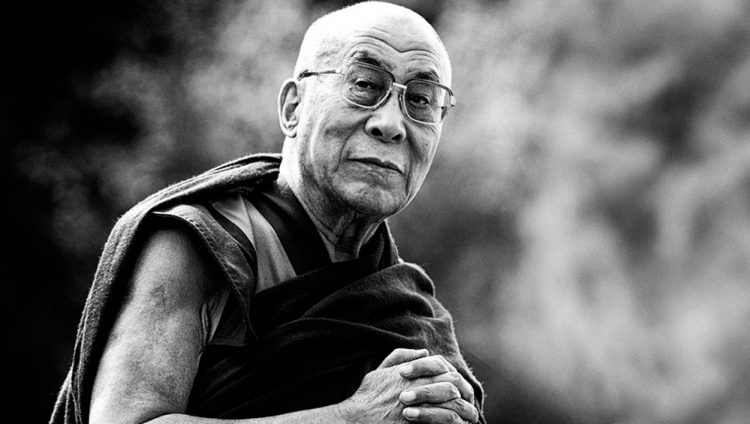Washington: Lawmakers in the United States, who foresee potential issues that might rise in the eventual death of Dalai Lama and his succession, has introduced a new bill to sanction China if the latter interferes in it.
Dalai Lama is now 84 years old and has cut down drastically on his world tours. This has led many to believe that the Noble laureate might not be around for too long to guide the people of Tibet.
This stream of thought has led to US lawmakers think beyond his death and the succession struggle with the Chinese administration.
A bill, called the ‘The Tibetan Policy and Support Act of 2019’ was introduced in the Senate by Commission of the Congressional-Executive Commission on China Senator Marco Rubio. The bill was introduced in the House of Representatives on 13 September by James McGovern.
According to the bill Beijing will not be allowed to expand its diplomatic offices in the United States until Washington can establish its consulate in Lhasa, the capital of Tibet.
Moreover, the bill also proposes that any Chinese official “complicit in identifying or installing a government approved candidate” as Tibet’s spiritual leader that is against Dalai Lama’s instruction will be subject to economic sanctions and prohibited from entering the United States.
This bill is an amendment to the already existing Tibetan Policy Act of 2002 which codified the support of the United States to the people of Tibet.
This bill is introduced at a time when China is increasingly suppressing religious freedom for Tibetans, water security and China’s demand that the successor of Dalai Lama must be approved by the communist government in Beijing.
Though, Beijing maintains that there is religious freedom in Tibet many human right groups have disputed this claim. China is continuously restricting the religious freedom, speech, movement and assembly of Tibetans.
The 14th Dalai Lama has been living in exile in India since he fled Tibet after a Chinese repression. China has taken a tough stand on Dalai Lama, who has been travelling the world to garner support for the Tibetan cause.













